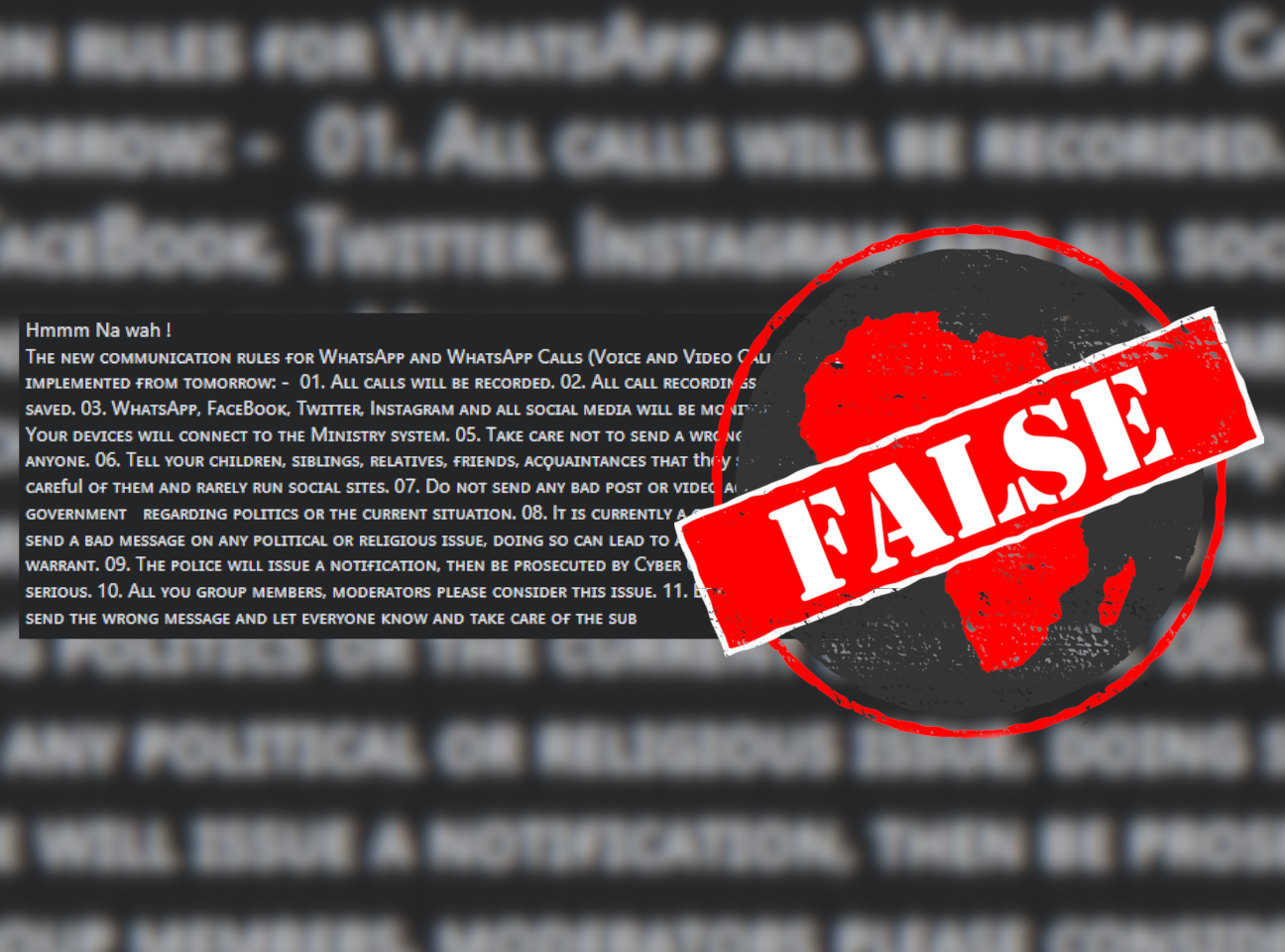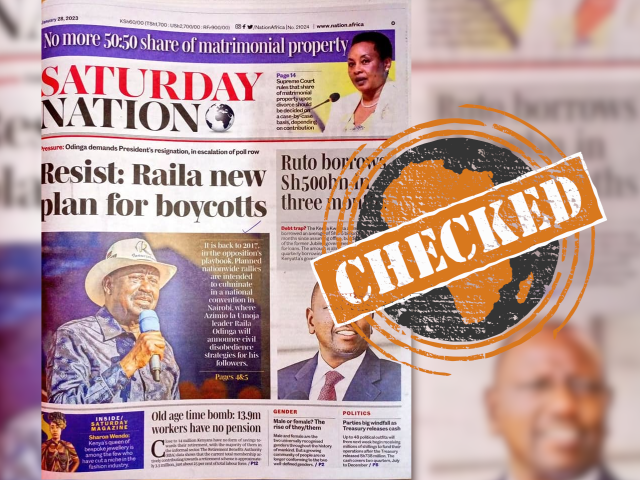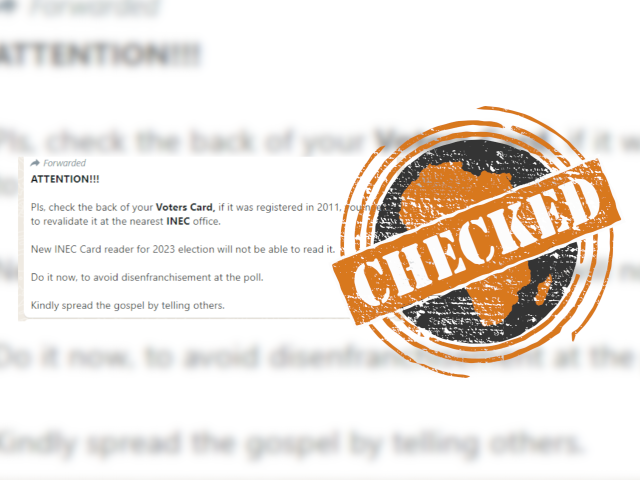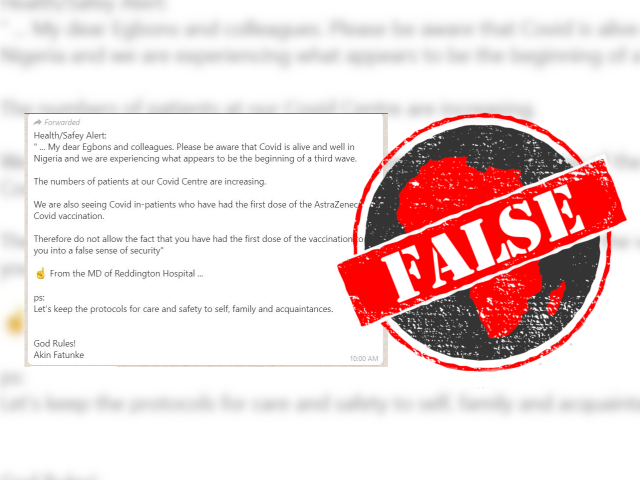IN SHORT: Messages that the government is monitoring WhatsApp and recording voice and video calls have resurfaced, this time in Nigeria. Africa Check debunked the same message when it circulated in Kenya in 2022. WhatsApp’s end-to-end encryption ensures that only the sender and recipient have access to the messages.
A message circulating online since February 2024 claims that a new set of rules has been released for WhatsApp users in Nigeria.
WhatsApp is a popular messaging app owned by Meta, the company which also owns Facebook and Instagram. The app allows users to send text and voice messages, make voice and video calls, and share photos, documents, user locations and other media.
“The new communication rules for WhatsApp and WhatsApp calls (voice and video calls) will be implemented from tomorrow,” the message begins. There is no date on the message, only that the rules will be effective “tomorrow”.
It then lists 11 rules, including “all calls will be recorded” and “your devices will connect to the ministry system”.
The message then says that it is a crime to send “bad” messages about “any political or religious issue” and that those who do so will be arrested without a warrant.
Some versions of the message include the coat of arms of the Nigerian government, suggesting that the measures are being introduced by the federal government. Other versions include a list of “tick marks” and what they supposedly mean if you see them on WhatsApp:
- Three blue ticks mean the government took note of the message.
- Three ticks (two blue and one red) mean the government can take action against you.
- Three red ticks mean the government has started proceedings against you and you will get a court summons soon.
Similar posts can be found here, here, here, here, here and here.
But is the Nigerian government looking to introduce these rules for WhatsApp? We checked.

A popular hoax resurfaces
WhatsApp uses an end-to-end encryption model to protect conversations from third parties.
“End-to-end encryption ensures only you and the person you're communicating with can read or listen to what is sent, and nobody in between, not even WhatsApp,” the platform says.
Africa Check previously debunked the claim. The messages began circulating around the world in 2021.
It reappeared in Kenya in September 2022, as the country grappled with political fears about digital surveillance by the government.
The message was false then, and it is still false in 2024.
Calls for social media platforms to be regulated in Nigeria
Femi Gbajabiamila, the chief of staff to the Nigerian president, said that the government must regulate social media. But the government has yet to pass the social media regulation bill.
The bill reportedly states, among other things, that “a person must not transmit a statement that is false or that might affect public health, public safety, or public finance or affect Nigeria’s relationship with other countries”.
Failure to do so could result in imprisonment or a hefty fine.
As of 28 February, the meaning of the ticks on WhatsApp remains the same: one tick when a message is sent, two ticks when it reaches the recipient and two blue ticks when a message is read.
This viral message about government spying could cause panic and undermine trust in the government. It should be ignored.
Republish our content for free
For publishers: what to do if your post is rated false
A fact-checker has rated your Facebook or Instagram post as “false”, “altered”, “partly false” or “missing context”. This could have serious consequences. What do you do?
Click on our guide for the steps you should follow.
Publishers guideAfrica Check teams up with Facebook
Africa Check is a partner in Meta's third-party fact-checking programme to help stop the spread of false information on social media.
The content we rate as “false” will be downgraded on Facebook and Instagram. This means fewer people will see it.
You can also help identify false information on Facebook. This guide explains how.





Add new comment